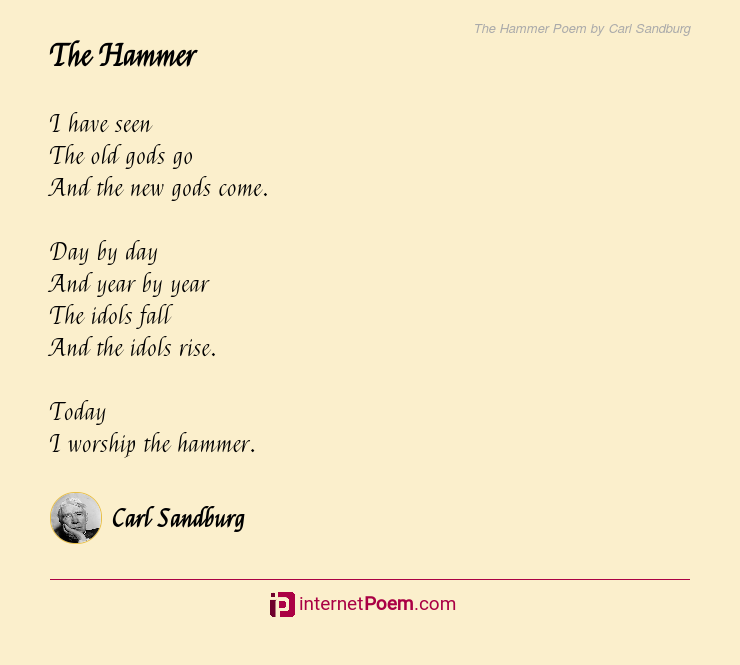I'm still planning on responding to Fuzzy's further response (and thank you again Fuzzy - even though I disagree with you I think this is helping me gain a better understanding of your views and modern Paganism), but isn't this attitude kind of like saying that, because snake oil salesmen exist, or proponents of pseudoscience, that all medicine is a scam and all science is pseudoscience? If I may, have you read through the data point post I made earlier, and if so what do you think of it and the data?McAvoy wrote: ↑Fri Feb 05, 2021 4:49 amTo be honest, it is interesting to read about this. Worshipping or at least believing in what most would call 'dead gods' or 'false gods'.Fuzzy Necromancer wrote: ↑Fri Feb 05, 2021 4:35 am So let me answer your questions.
There's always been a degree of syncretism in religion. I think it's possible that some people know the gods I worship by another name, but I'm wary of over-universalizing. People like to draw a lot into their grand unified theory of mythology. For example, while I accept Aphrodite and Venus as basically the same deity, I'm less sold on the Astarte connection.
I'm bisexual myself, but I believe that gay bars are spaces sacred to Dionysus. Bars in general are Dionysian spaces with the consumption of alcohol, but throw in a safe space for same-sex attraction, frequent drag shows, and pulsing Lady Gaga music and it's a perfect fit. Does that answer your question?
In terms of awareness, I believe they hear prayers and receive acts of worship. Whether they actually need human worship or not, I believe it pleases them. As for communication, opinions and experiences vary widely within the NeoPagan world. I myself sometimes look for signs, but never get anything close to direct contact, visions, etc.
Personally I view the different gods (like the ones you havd mentioned) as one of the reasons why I don't believe in any God or gods.
That is rather pithy, though being pithy in and of itself doesn't make something right, anymore than being able to reword someone else's views in a comedic value means they lost the argument. On the poem's idea though, wouldn't the immortality of the Jewish faith be a sign against this?
(Also, complete side note, but as we were discussing paganism earlier, and you mentioned worshipping the hammer, it brought to mind my favourite computer game series - Thief. Spoilery cutscenes to follow: https://www.youtube.com/watch?v=fmdJew4PhdI (hmmm ... interesting worsd in that URL ...)
The general idea though is that the major religion in the setting is the Order of the Hammer - the Hammerites - who worship the Master Builder, and the antagonist in the first game is the leader of the Pagans, a religion that was displaced by the Hammerites. The main character doesn't care for either of them, but at various times he has worked with both of them.)

